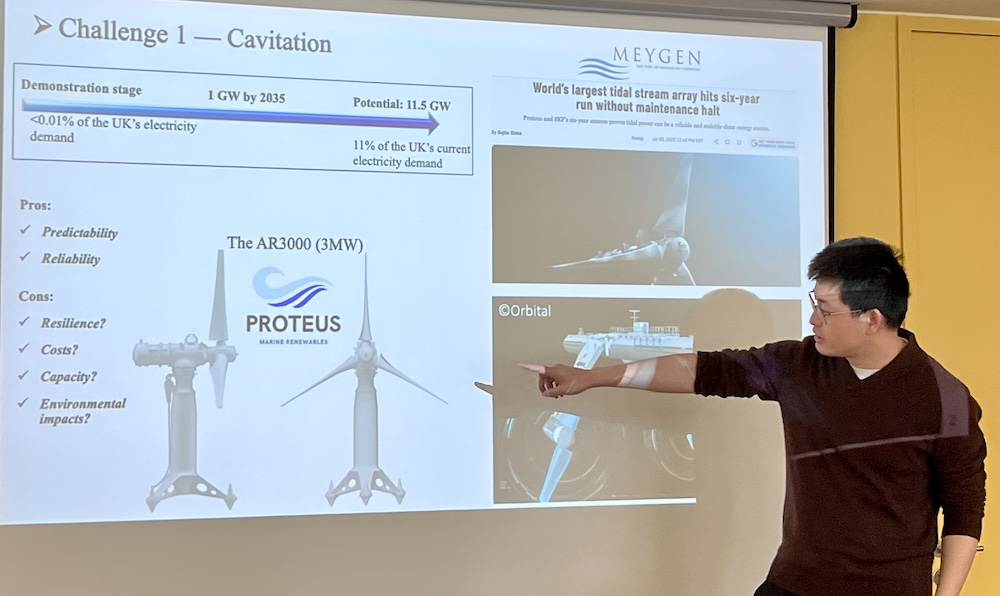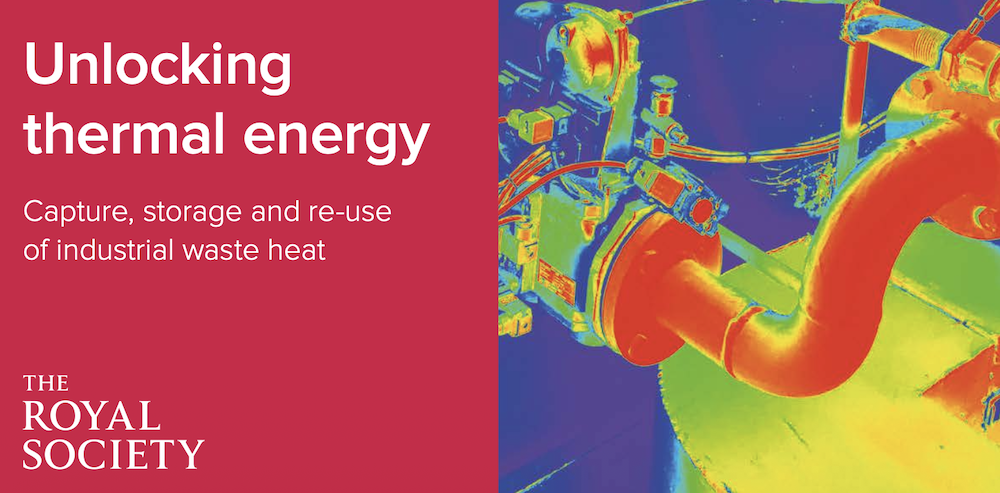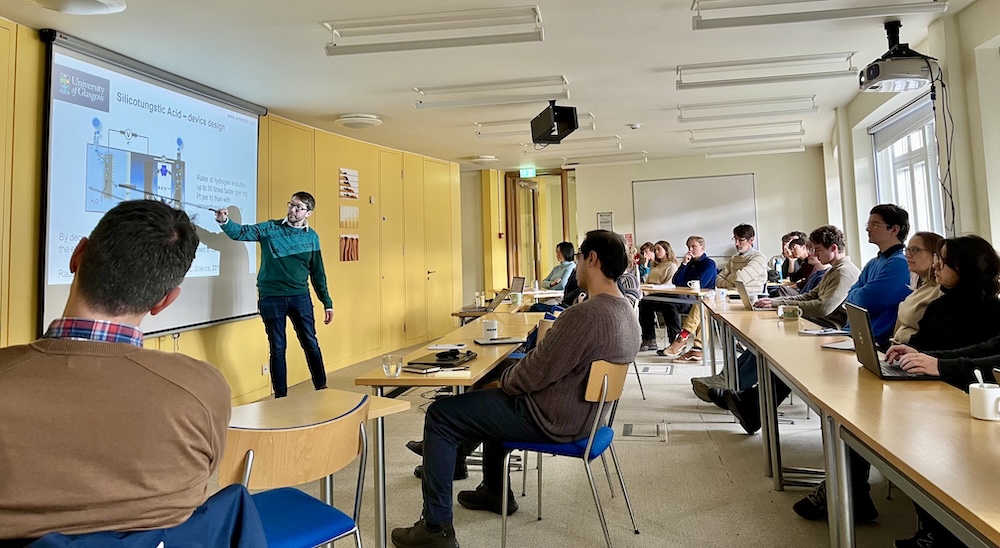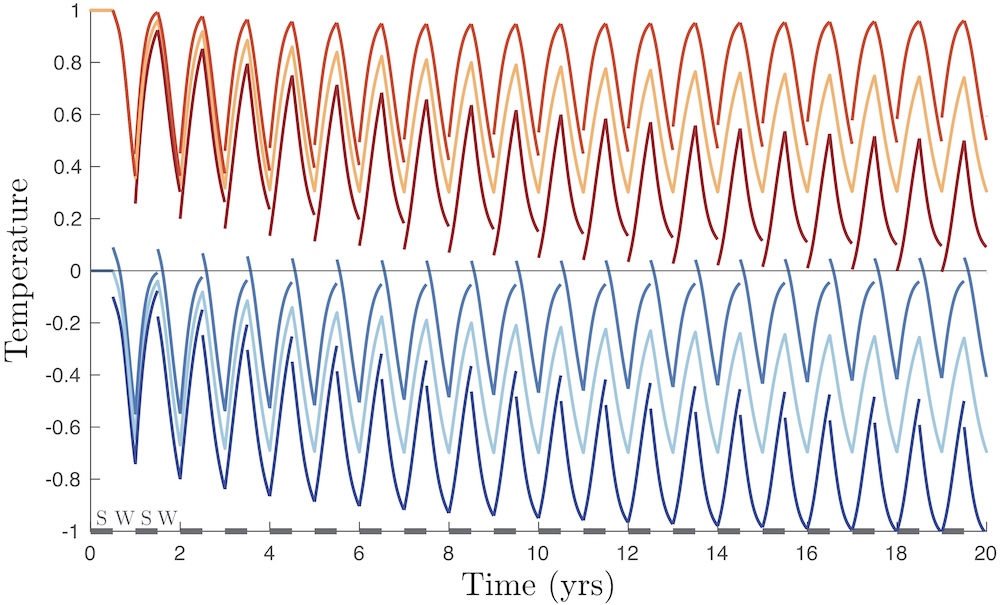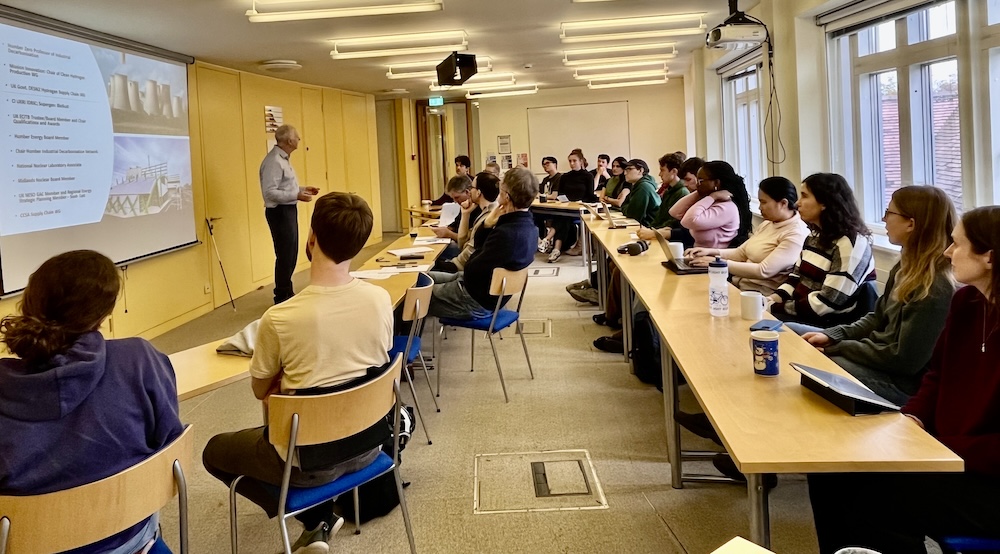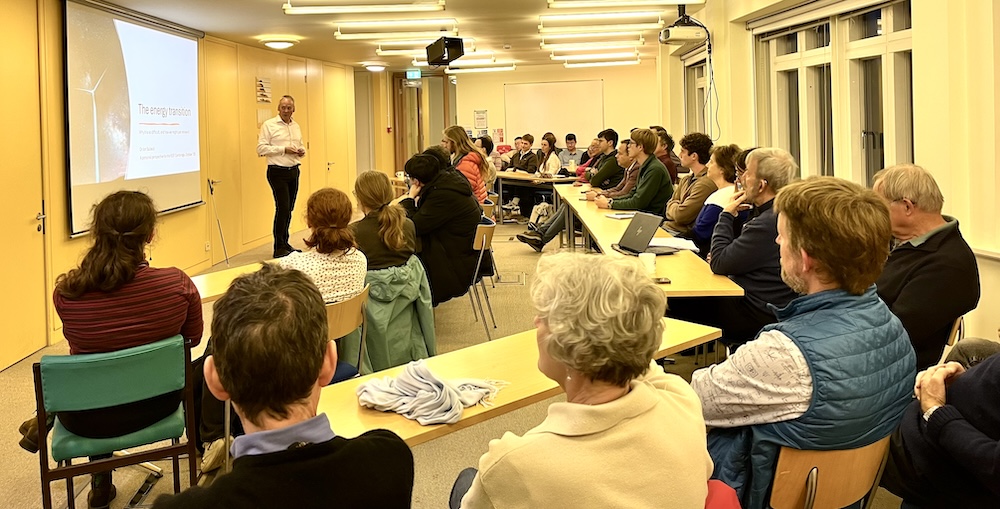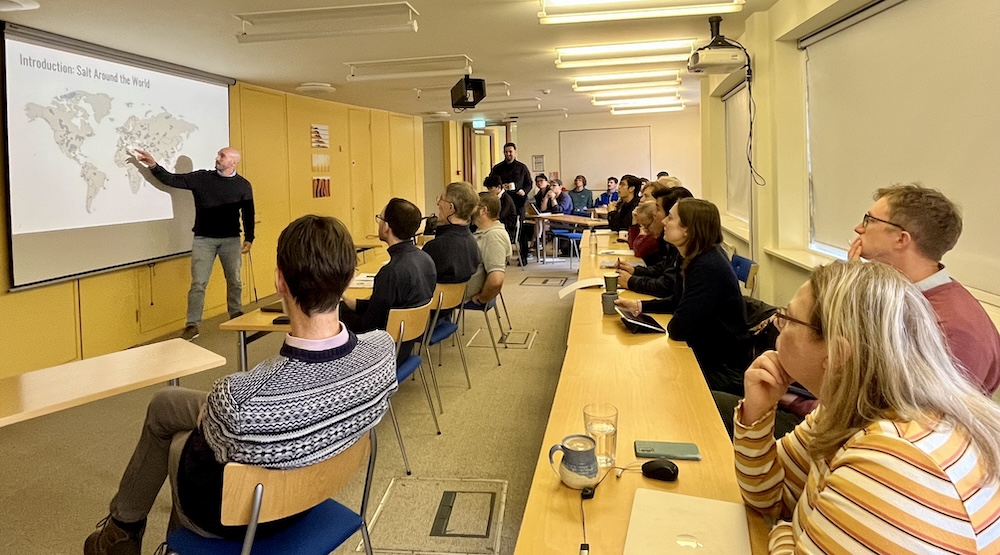Improving wind and tidal turbines performance
Wind energy supplied approximately 30% of UK electricity in 2025, underscoring its central role in the energy transition. Tidal power, though still at the demonstration stage, has the potential to meet up to 11% of annual UK electricity demand. However, key fluid dynamic challenges continue to limit the performance, scalability, and environmental acceptability of turbine
